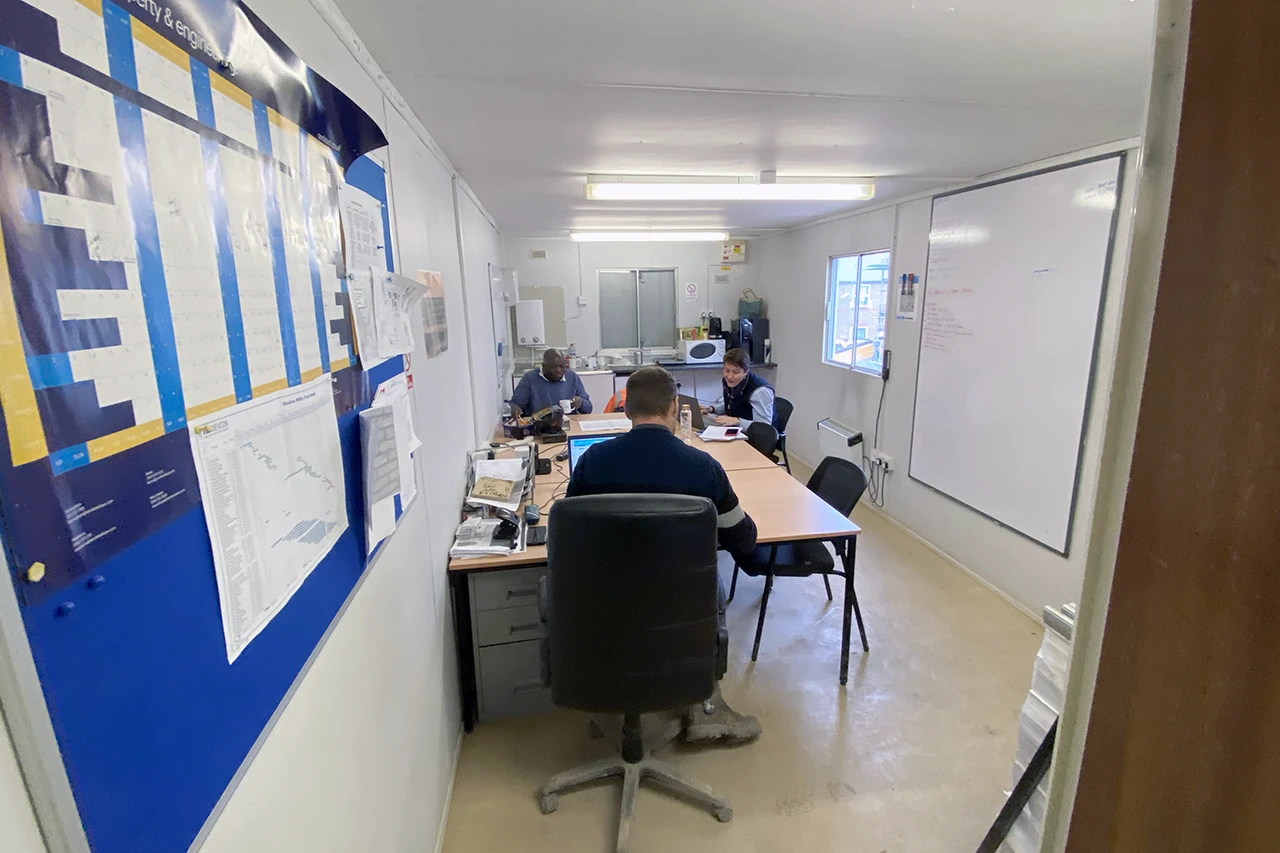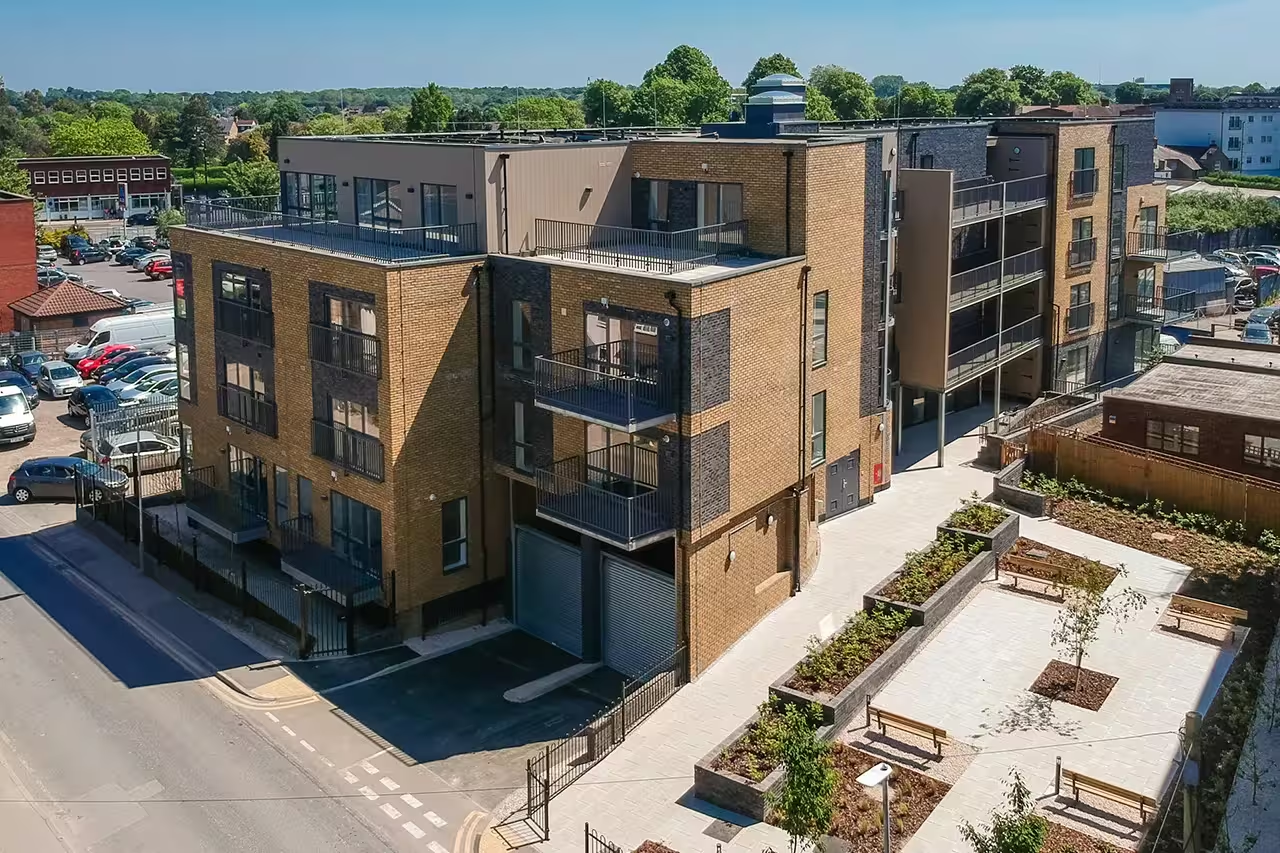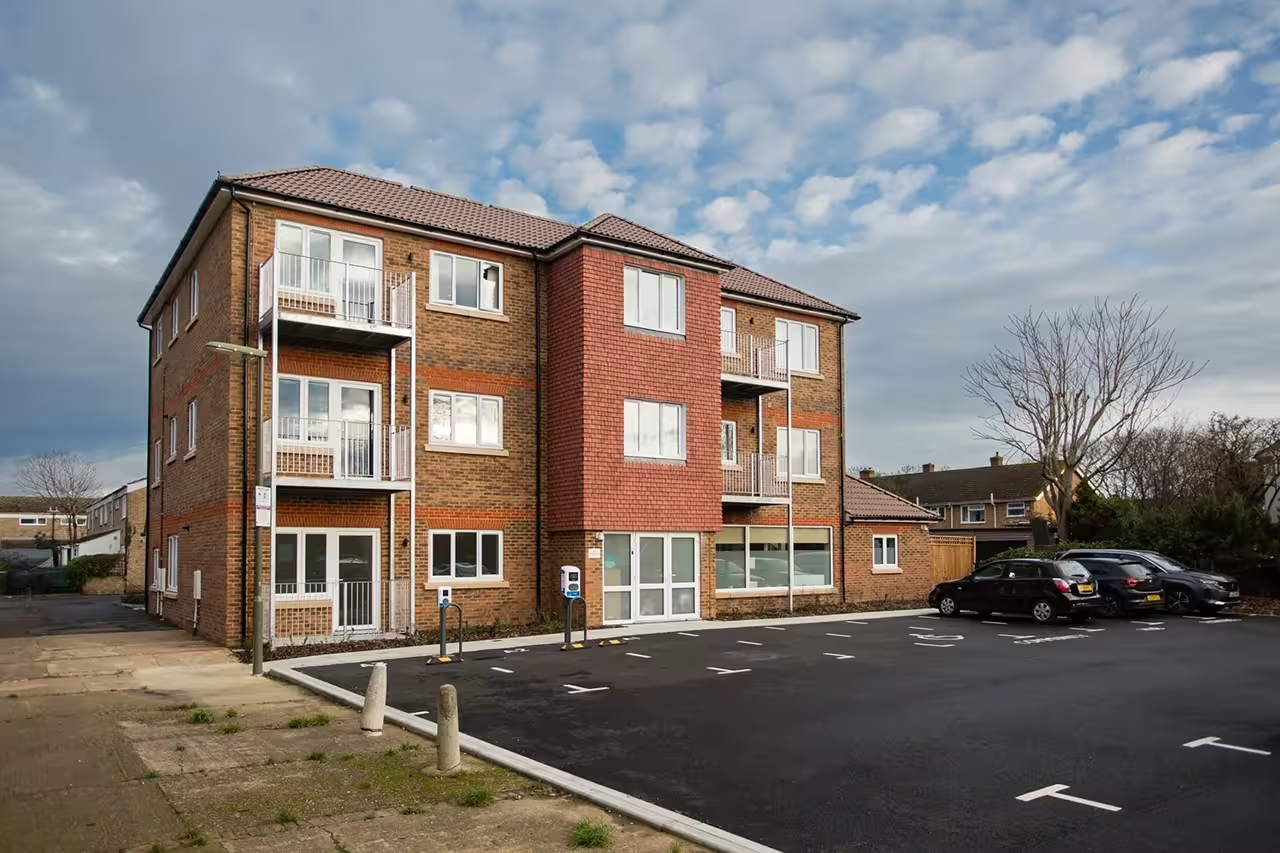Effective Communication
27 January 2025
Devcon believes that effective communication is vital to the
successful completion of any construction project. We strive to avoid
misunderstandings, delays, and issues by maintaining communication
among the project stakeholders, facilitating teamwork and enabling
seamless project collaboration.
We believe it’s important to determine a chain of command for
communication on a construction project, which is typically detailed
in the contract documents and usually requires the client and Devcon
to communicate via the employer’s agent. Devcon will manage the
communication chain at the company and site levels. We ensure onward
communications are clear, factual, professional, and delivered to the
right people timeously. We’ll also give feedback, when relevant, via
the employer’s agent.

Devcon maintains continual communication via the following
procedures:
Monthly Project Meetings
These are formal monthly meetings where Devcon will report on the
project’s delivery objectives, including progress, quality control,
health and safety, planning approvals or requirements, design,
warranty requirements, building control, and neighbourly issues, if
any.
Materials Approval Meetings
We regularly discuss and approve the proposed materials and equipment,
providing samples for consideration and approval prior to procurement
to avoid misunderstandings. If specified materials are not available,
we suggest alternatives.
Sub-contractor Meetings
These are monthly or bi-monthly meetings held on-site with
sub-contractors to discuss progress, quality control, and health and
safety matters. If required, a specific sub-contractor will be called
into a designated meeting to discuss issues should they arise. This
could relate to health and safety, quality control, or design
changes.
General Information Flow
The contracts manager and site manager will ensure information is
communicated in a timely manner and delivered to all necessary
parties, be that top-down from the client, or feedback to the client
from the site level. Communication methods will involve meetings in
person, online, and via email. Communication could sometimes be via
landline, mobile phone or text message, which is confirmed later via
email.


